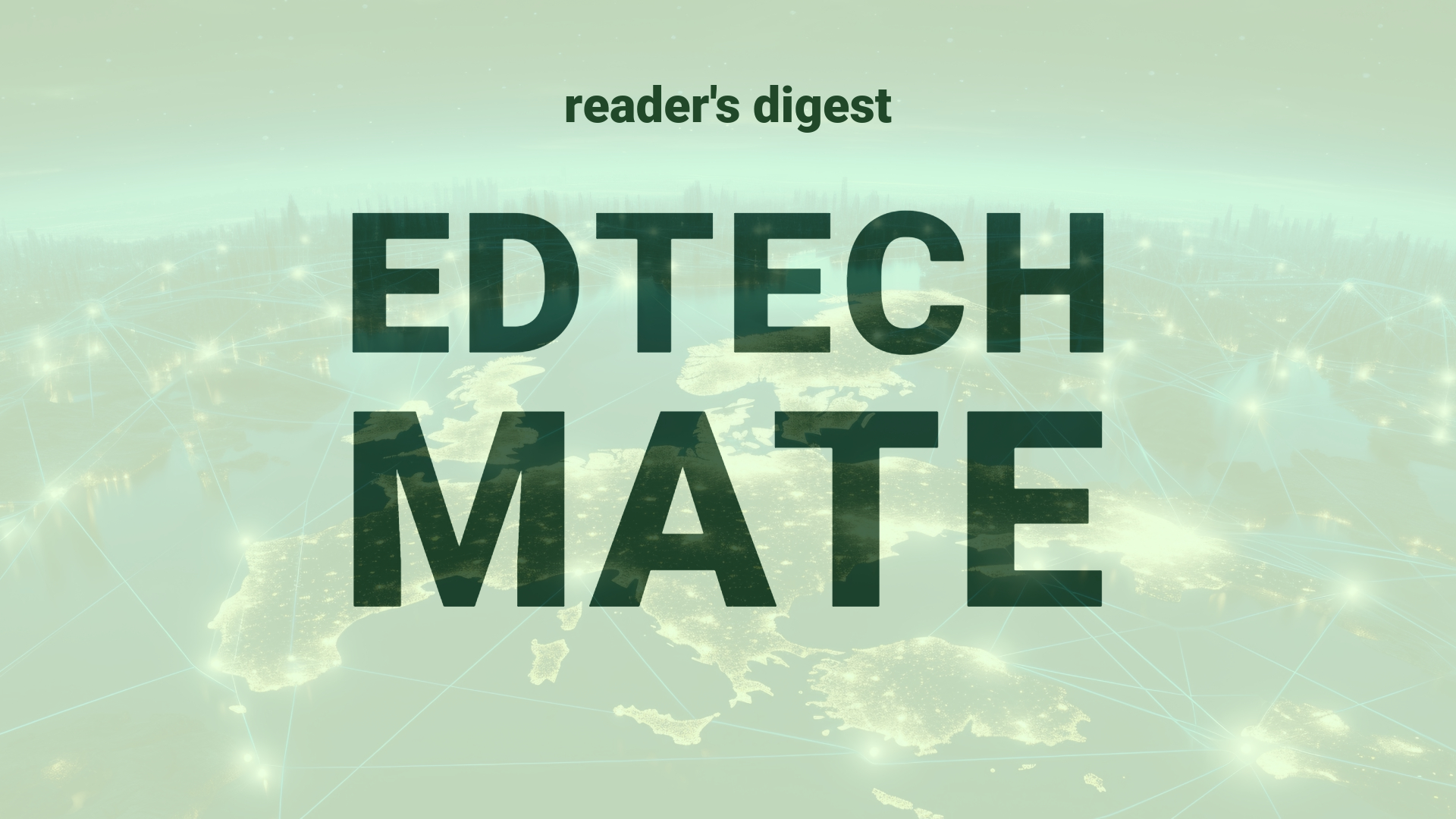Executive Summary and Main Points
The integration of data analytics and AI in procurement is revolutionizing its strategic positioning within organizations. Key innovations include AI-enabled spend categorization, demand forecast optimization, dynamic management of pricing volatility, comprehensive supplier performance management, and enhanced methods for supply risk management. Gen AI technologies are facilitating contract creation, negotiations, and the production of intelligent supplier risk profiles. Notably, the use of data is also advancing sustainability initiatives by estimating carbon emissions and fostering transparent collaborations with suppliers. These transformative approaches are instrumental in transitioning procurement from a traditional cost-focused function to a value-driven, strategic lever at the intersection of technological and business model upheaval.
Potential Impact in the Education Sector
In the realm of Further and Higher Education, the deployment of similar data-driven techniques can refine operational efficiency, foster strategic alliances, and enhance academic programming with closer industry alignment. The digitization of procurement could influence educational procurement teams to optimize resource allocation, align with technology vendors, and support sustainable, ethical sourcing practices. For Micro-credentials, predictive analytics may offer insights into labor market trends, informing course offerings that align with evolving skill demands, thus enhancing employability and lifelong learning pathways while maintaining agility in an unpredictable global job market.
Potential Applicability in the Education Sector
Innovation through AI and digital tools can streamline administrative tasks, support informed decision-making, and personalize learning experiences in global education institutions. AI-driven data analysis can optimize campus resource management, predict enrollment trends, and customize student learning paths. The application of digital twins in education could plan facilities utilization and manage operational risks, contributing to a strategic overview of institutional supply chains from physical resources to human capital. Integrated sustainability metrics may influence policy decisions, promoting environmentally and socially responsible campus operations.
Criticism and Potential Shortfalls
Although these advancements have the potential to transform procurement, several challenges persist. These include issues related to data integrity, accessibility, the articulation of compelling business cases for digital adoption, and potential resistance to change at scale. International case studies indicate that while some organizations have made significant strides—such as Sanofi and Teva Pharmaceuticals—others trail due to issues in data culture and integration. Furthermore, the one-size-fits-all approach might disregard cultural nuances and ethical considerations related to data privacy and labor laws, necessitating tailored solutions that respect diverse global contexts.
Actionable Recommendations
For education leaders, practical deployment of these technologies should commence with a focus on a select few high-value data use cases relevant to the sector’s unique needs. Building robust data infrastructures and fostering strategic partnerships both internally and externally are crucial. It is imperative to prioritize skill development within procurement teams to leverage these technologies effectively. Continued investment in data governance and prioritizing user-centric designs will facilitate smoother integration into existing educational frameworks. Monitoring impact and managing performance against set objectives will help to sustain advancements and address adoption challenges.
Source article: https://www.mckinsey.com/capabilities/operations/our-insights/revolutionizing-procurement-leveraging-data-and-ai-for-strategic-advantage

